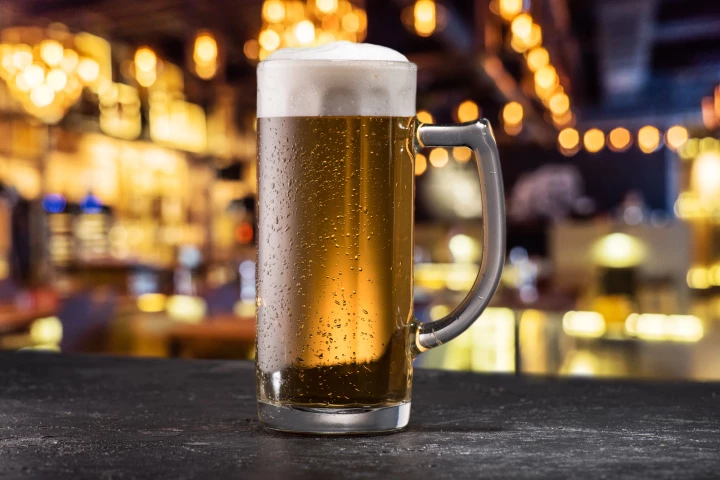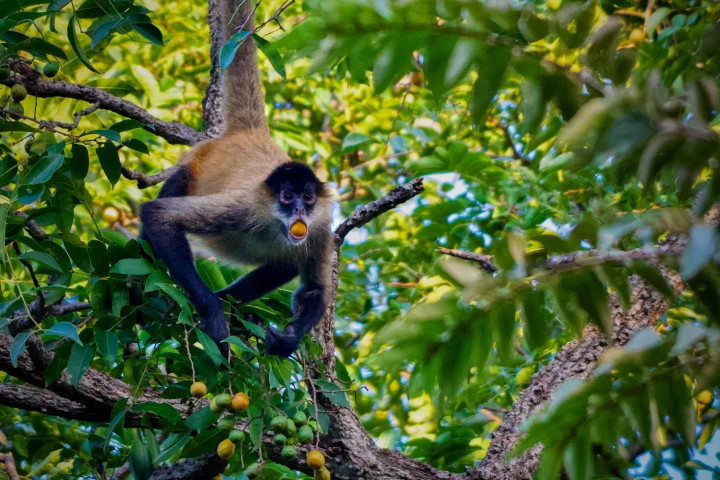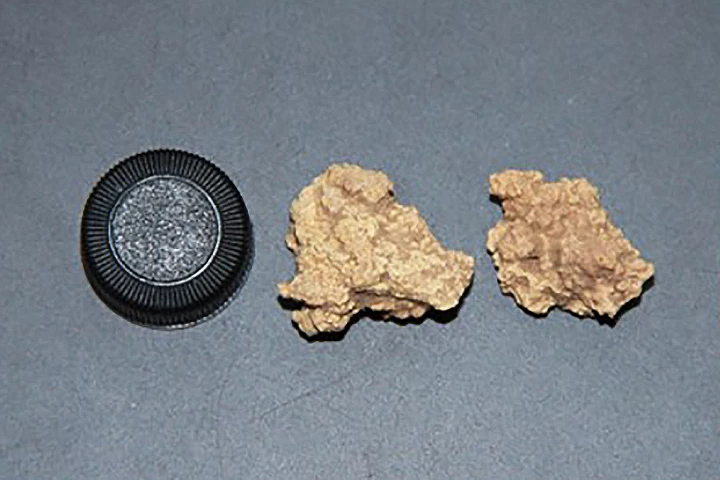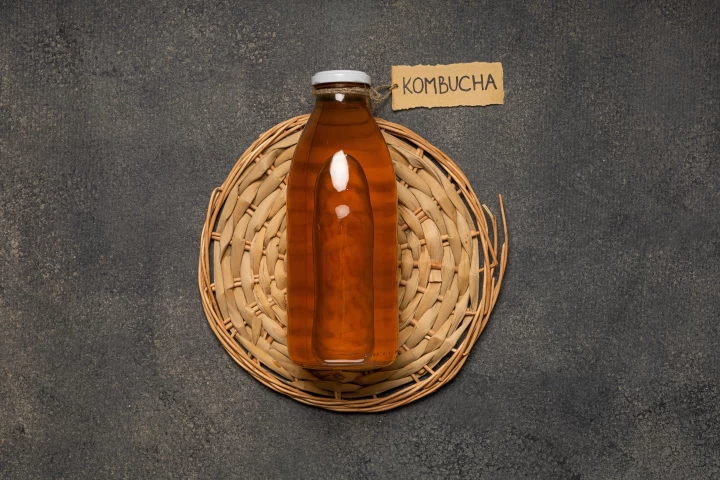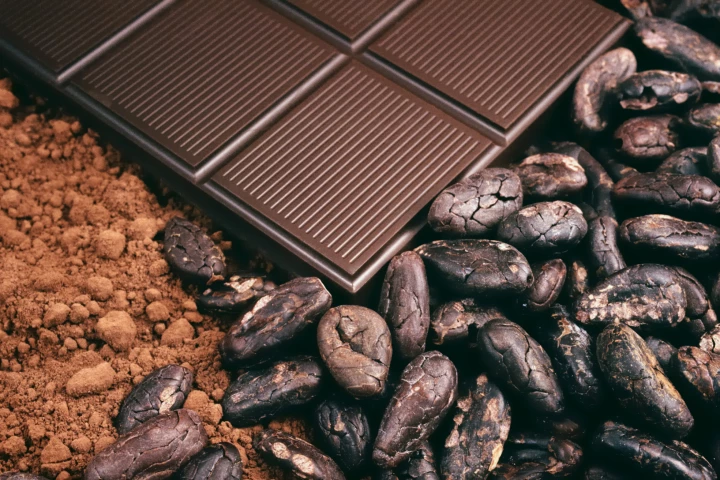Fermentation
-
A small daily dose of kombucha made from black tea has been shown to meaningfully reshape the gut microbiome in adults – particularly those with obesity – without any dietary changes. It also reveals a lot about the importance of micro-biodiversity.
-
A rice wine native to the Philippines has grabbed the attention of researchers looking into new, natural ways to slow biological aging. But it's not the wine itself – sorry – in the spotlight, but what's leftover after the liquid is ready to bottled.
-
Using ultrasonic waves and a salt bath, a research team has altered the surface of glass. The brand-new method may lead to glass made without the use of harsh chemicals for self-cleaning windshields, germ-busting surfaces, or maybe even better beer.
-
Despite observations of "wasps getting drunk" and "beetles consuming beer," it has been thought that alcohol in the non-human animal world hasn't been deliberate. Ecologists challenge this theory, saying it's far more commonplace and strategic.
-
Bizarre clumps of organic matter found buried alongside Bronze Age mummies in China have now been identified as cheese. New DNA analysis has finally solved a long-standing mystery, and it makes it the oldest cheese ever found, dating back 3,600 years.
-
It's super-sustainable, easily made and nutrient-dense. And it puts all other food production to shame. Now, the first air-protein factory is open. It's the food of the future, and soon a $100 million industry – but will you be putting it on your plate?
-
It may not be to everyone's taste, but kombucha tea may be able to deliver the benefits of fasting, without the hardest part – the fasting. Its yeast and bacteria altered fat metabolism, without any other dietary changes, resulting in lower fat stores.
-
Kombucha, a drink made by fermenting sweetened tea, has shown some promise as a health-promoting beverage. Now, its powers may extend to helping those suffering from type 2 diabetes keep their blood glucose levels in check, according to a new study.
-
A newly published meta-analysis, encompassing seven studies and nearly 300 subjects, has found certain types of bacteria found in fermented foods may help people suffering from persistent bad breath.
-
While many people might say that chocolate couldn't possibly be improved, such may not be the case. According to a recent study, a new cocoa bean treatment results in "fruitier, more flowery-tasting" dark chocolate.
-
One of the first products made using an animal-free egg white is now available in the United States. The unique macarons are the first to be made with an egg white protein produced by engineered yeast, designed to be indistinguishable from chicken eggs.
-
Researchers studying exceptionally well-preserved feces found in Iron Age salt mines have discovered the presence of fungi used in food fermentation. The findings indicate the miners were feasting on blue cheese and beer around 2,700 years ago.
Load More


